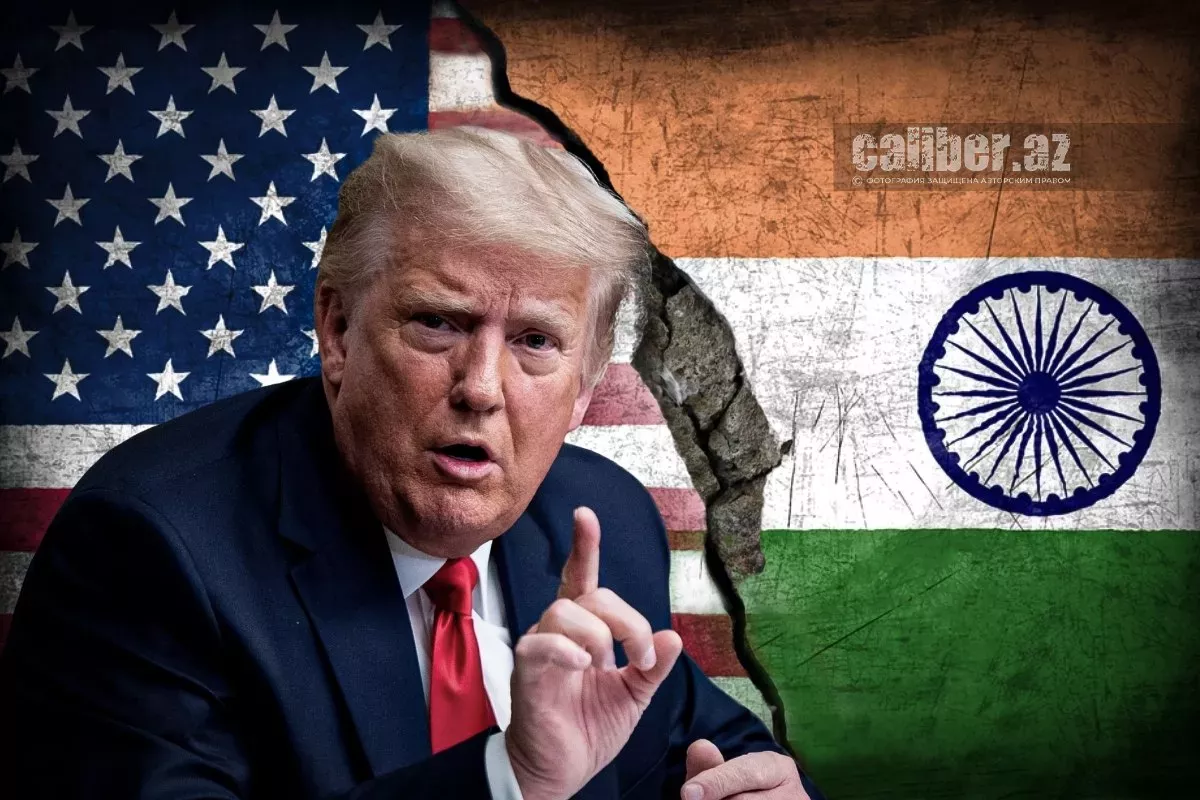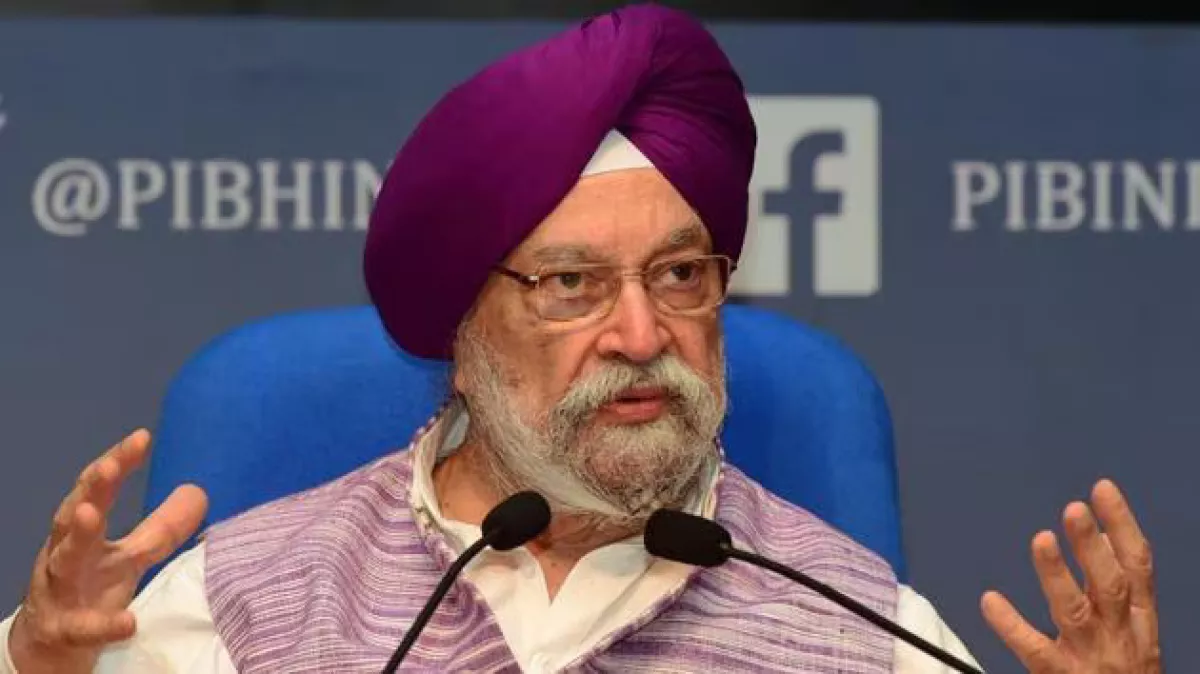“Oil laundry” India continues to sponsor the Russia–Ukraine war
Although in August of this year the United States imposed a 25% tariff on India in connection with the country’s purchases of Russian oil, Narendra Modi’s government does not appear willing to stop indirectly funding Russia’s aggression against Ukraine. This is further confirmed by accusations from U.S. presidential special envoy Steve Witkoff, who pointed out to the “coalition of the willing” that EU countries are buying Russian oil through India.
According to the German newspaper Bild, U.S. President Donald Trump, during a video conference with European leaders held after the “coalition of the willing” meeting, stated that European countries are “aiding the Russian military machine.” He was countered by European Commission President Ursula von der Leyen, who said that imports of Russian oil into the EU have significantly decreased since 2022, and that only Hungary and Slovakia continue to actively purchase Russian oil. The publication also notes that European countries proposed sending representatives to Washington to establish a working group to develop new sanctions against Russia.

Returning to India, it is worth noting that New Delhi became the main buyer of Russian oil as soon as Russia’s primary energy export fell under American and European sanctions. In other words, from the very beginning, the Indian government effectively joined in sponsoring Russia’s war against Ukraine, even while verbally assuring the international community of its willingness to help resolve the conflict.
For instance, in October 2024, during a meeting with Russian President Vladimir Putin in Kazan, the Indian prime minister stated that “We fully support the early restoration of peace and stability. All our efforts give priority to humanity. India is ready to provide all possible support in the times to come.” However, in practice, Modi’s cabinet continued purchasing Russian oil, thereby further fueling the Russian-Ukrainian confrontation. Now, to justify this double-faced policy and to mislead the international community, circles within the Indian government do not hesitate to claim that the country is supposedly acting within the framework of international law.

Thus, the Minister of Petroleum and Gas, Hardeep Singh Puri, in an article for The Hindu, sought to reassure the international community that in purchasing Russian oil, India has complied with all necessary international requirements, and the Indian authorities’ decision not to refuse energy supplies from Russia helped prevent a sharp rise in global oil prices after the start of the conflict in Ukraine.
Notably, Puri’s publication in the Indian media appeared almost immediately after U.S. White House trade and economic advisor Peter Navarro, on Bloomberg TV, called the conflict in Ukraine “Modi’s war,” criticised India for buying oil from Russia, and pointed out that it is indirectly contributing to the continuation of hostilities.
“I mean Modi’s war because the road to peace runs, in part, through New Delhi [...] the taxpayers lose because we got to fund Modi’s war,” he said.
Sharp remarks targeting New Delhi and other importers of Russian oil were also made by U.S. Treasury Secretary Scott Bessent.
From all statements made by the American side, it is clear that the Trump administration did not turn a blind eye to India’s hypocritical policy and has exposed Modi’s government. That is the first point.
Second, the White House has already demanded that the European Union impose a ban on the purchase of Indian petroleum products and raise tariffs on other goods from India, which provides grounds to speak of real prospects for the start of a trade war between the United States and India. It is highly likely that the United States will not back down on this issue and will continue to pressure India.
It remains unclear whether the EU will join the U.S. policy of pressuring India; however, the decision made by the European Union will also shed light on whether the Old Continent is truly aligned with a sponsor of the war in Ukraine.








